
Poet, prose writer, dramatist, philosopher and an influential figure of Czech underground. His verses were set to music by the band Plastic People of the Universe.
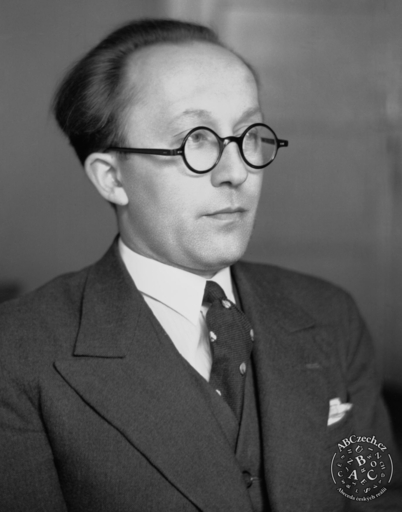
Literary historian, critic and essayist, comparatist, expert in Romance studies and translator. He participated in the renewal of interest in Baroque culture and other literary and social activities.

Prose writer, journalist, dramatist and screenwriter. His works are inspired by folklore and fairy-tale allegory on current topics is a common element in his works.

Prose writer, poet and dramatist who based his work on a Baroque view of the world. He criticised democratic liberalism in literature and in life.

Czech poet who originally started with proletarian poetry and poetism, but as early as 1930s his poetics acquired an unusually intensive and individual expression stemming from a powerful tension between abstract thought and its sensory expression.

Czech explorer, writer, journalist and documentary filmmaker. Together with Jiří Hanzelka, he went on several expeditions on practically all continents.
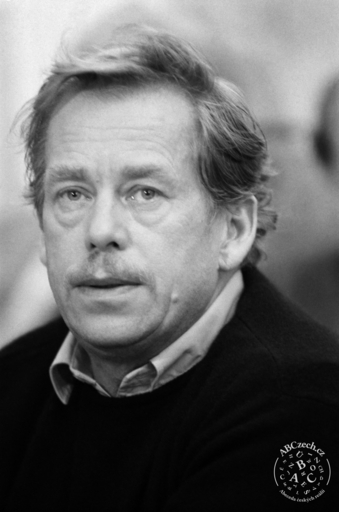
Czech dramatist, one of the most significant Czech authors of the Theatre of the Absurd, poet, political dissident, the last Czechoslovak president (1989–1992) and the first President of the Czech Republic (1993–2003).

Poet, prose writer, translator, author of experimental poetry and literature for children.

Writer and journalist whose work deals with existential, philosophical and psychological conditions of human life.
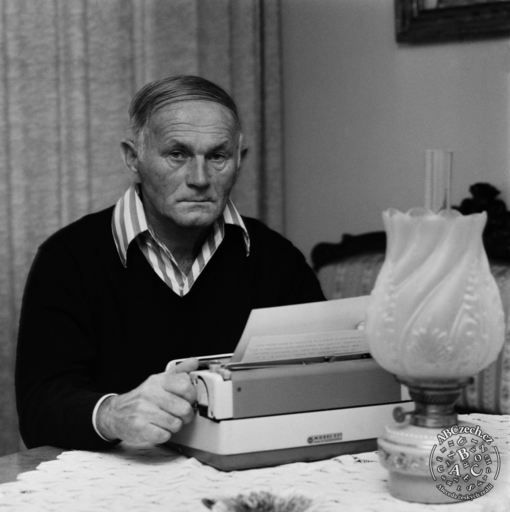
One of the most famous and most translated Czech writers. Many of his works have been turned into a film. Hrabal’s texts, which mostly deal with everyday life, completely ignored the rules of Socialist Realism.

Writer of natural and love lyrical poetry, prose writer, dramatist and translator from French. One of the most famous 20th-century Czech poets.

Prose writer and journalist, one of the members of the Devětsil association and an important representative of Poetism. He is sometimes called the poet of prose.
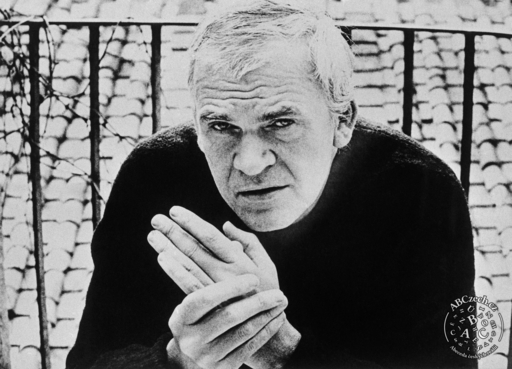
Prose writer, essayist and dramatist. He used to write in Czech, but nowadays he mostly writes in French. He is one of the most successful and translated authors of Czech descent.
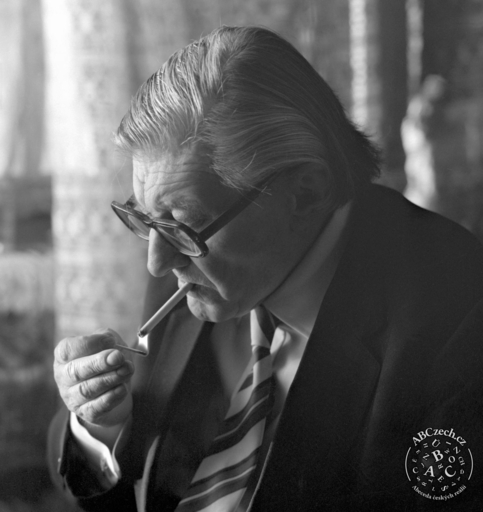
Prose writer, author of psychological prose, often writing about Jewish themes and with autobiographical motifs of the personal and emotional process of coming to terms with the world. His books are full of metaphors and sophisticated, subtle humour.
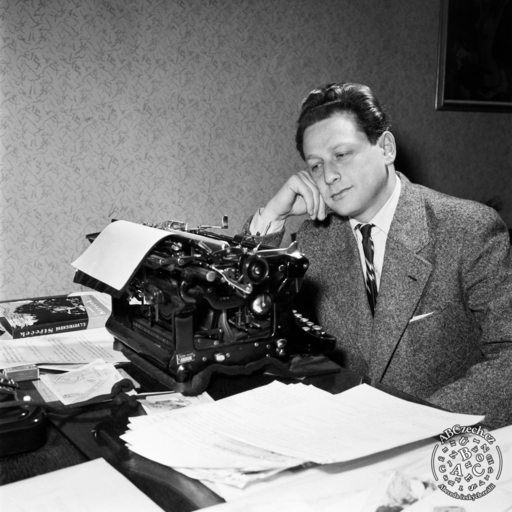
Prose writer, screenwriter and journalist. His works focus on depicting the Holocaust through life stories of seemingly insignificant, ordinary people.

Prose writer, translator, theatre critic and one of the founders of Czech social novel, dealing with the relationship between individual and society. She was also a publicist, writing for the periodicals Právo lidu, Komunistka and Rudé právo.
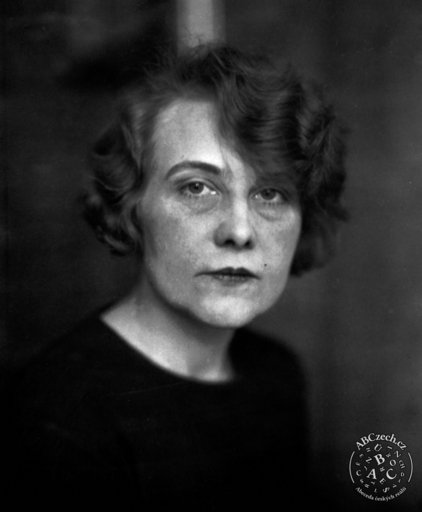
Prose writer, publicist and poet who became especially famous as a writer of psychological novels and after the war as an active participant in the political life.

1898–1999
The Melantrich publishing company was originally called “Printing Press of National Socialist Workers” (Tiskárna národně-sociálního dělnictva), or “Book Printing Press of National Socialist Workers” (Knihtiskárna národně-sociálního dělnictva). It was founded on 9 July 1898, at the encouragement of Jaroslav Klofáč, president of the National Socialist Party. In March 1910, the company bought a house at Wenceslas Square no. 739, where it built a new building named The Star (Hvězda). At the same time, it also changed its name to “Melantrich, Book Printing Press and National Socialist Artistic Lithographic Institute” (Melantrich, knihtiskárna a umělecký litografický ústav národně-sociální). In 1917, the building was sold due to financial problems, but it was bought back in five years. In 1919, the company received the concession for selling books and opened a book shop in The Star.
The expansion of activities led to another change of the company’s name: “Melantrich, Public Limited Company for Graphic Industry and Publishing in Prague” (Melantrich, akciová společnost pro grafický průmysl a nakladatelství v Praze). The company kept growing and only the dailies and illustrated magazines remained on Wenceslas Square. Company branches opened in Ostrava in Moravia and in Brno, a later in Žilina in Slovakia as well. The company also invested into film, participating in Vladislav Vančura’s Faithless Marijka (Marijka nevěrnice, 1934) and introduced graphics design in Atelier Melantrich. It also introduced a music department and in the late 1930s bought the record company Esta. At the end of 1937, a mansard was opened in the building on Wenceslas Square for organising cultural events and the Ars exhibition hall on ground floor, which functioned until 1959. In 1938, Melantrich was one of the largest and most advanced printing companies in Europe. From February 1950, the company became an instrument of the Czechoslovak Socialist Party. In the 1950s, the phrase “Free Word” was added to the company’s name and in 1968 the company’s name reverted to its original form Melantrich. The publisher stopped its activities nine years after the Velvet Revolution.
At first, the company focused on periodicals and brochures. In 1920, it published the first Czechoslovak tabloid magazine Pražský ilustrovaný zpravodaj. Other popular magazines included Hvězda československých paní a dívek and Mladý hlasatel by Jaroslav Foglar.
The first book editions were published with magazines. The edition Románová knihovna Melantricha (1924–1928) was dedicated to translations. Women’s books were published in Ilustrovaná knihovna Hvězdy (1927– 1929). Melantrichova knižnice (1928–1934) was created under F. X. Šalda’s editorship and 81 volumes of translations and, to a lesser extent, original Czech literature were published in it. The Úroda edition (1928–1938, 101 volumes), edited by Bedřich Fučík, focused on contemporary world and Czech prose. Poetry was published in the Poezie edition (1933–1949, 63 volumes), at first edited by Bedřich Fučík and later by Antonín Matěj Píša. Other important editions brought translations from Russian, Polish, Slovak and other languages. Melantrich also published a lot of professional literature and reproductions of fine art.

A versatile artist: poet, prose writer, dramatist, librettist, essayist, screenwriter and translator. One of the most distinguished Czech poets of the first half of the 20th century and the Avant-Garde movement.

Poet and journalist, one of the most significant figures of Czech literature of the second half of the 20th century, whose poetry is difficult classify with respect to its style and genre.
2016-2020 ABCzech.cz - © Filozofická fakulta Univerzity Karlovy
Content from this website may be used without permission only for personal and non-commercial purposes and with the source cited. Any other use is allowed only with the authors' consent.
This web application Sonic.cgi meets GDPR requirements. Current information can be found here.